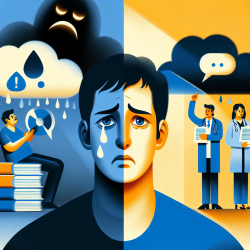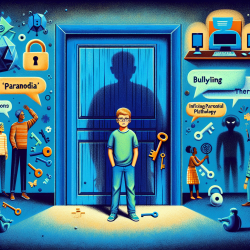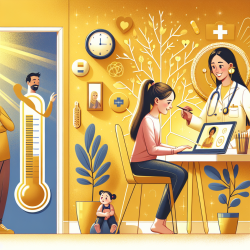The COVID-19 pandemic has left an indelible mark on education systems worldwide. The abrupt shift to online learning and the subsequent return to in-person classes have significantly impacted both students and educators. A recent cohort study conducted among psychology and nursing students in Spain highlights the increased levels of burnout and decreased engagement post-pandemic. These findings offer valuable insights for educators seeking to improve their practices and support their students more effectively.
The Impact of COVID-19 on Student Well-being
The study utilized various measurement tools, including the Maslach Burnout Inventory—Student Survey and the Utrecht Work Engagement Scale, to assess changes in burnout and engagement levels among students before and after the pandemic. The results were telling: burnout levels increased significantly, particularly emotional exhaustion, while engagement levels dropped.
This increase in burnout is attributed to the heightened stressors associated with remote learning, isolation, and uncertainty about academic assessments. The decrease in engagement reflects a loss of enthusiasm and commitment, as students struggled to adapt to new learning environments.
Practical Strategies for Educators
To combat these challenges, educators can implement several strategies:
- Create a Supportive Environment: Foster an inclusive classroom atmosphere where students feel safe to express their concerns. Encourage open communication and provide platforms for students to share their experiences.
- Incorporate Flexible Learning Options: Offer a blend of synchronous and asynchronous learning opportunities to accommodate diverse learning preferences and reduce stress.
- Promote Mental Health Resources: Ensure that students are aware of available mental health resources. Collaborate with online therapy providers like TinyEYE to offer accessible support services.
- Encourage Peer Support Networks: Facilitate peer mentoring programs where students can connect with each other for support and guidance.
- Focus on Engagement: Implement interactive teaching methods that encourage active participation and foster a sense of belonging among students.
The Role of Further Research
This study underscores the need for continued research into the long-term effects of the pandemic on student well-being. By understanding these impacts more deeply, educators can develop more effective interventions tailored to their specific student populations.
Further research could explore the relationship between burnout and other psychological factors such as anxiety and depression. Additionally, examining the effectiveness of different intervention programs can provide insights into best practices for supporting student mental health.
Conclusion
The findings from this study serve as a call to action for educators worldwide. By implementing evidence-based strategies and encouraging ongoing research, we can create a more resilient educational environment that supports both student well-being and academic success.
To read the original research paper, please follow this link: Levels of Burnout and Engagement after COVID-19 among Psychology and Nursing Students in Spain: A Cohort Study.










